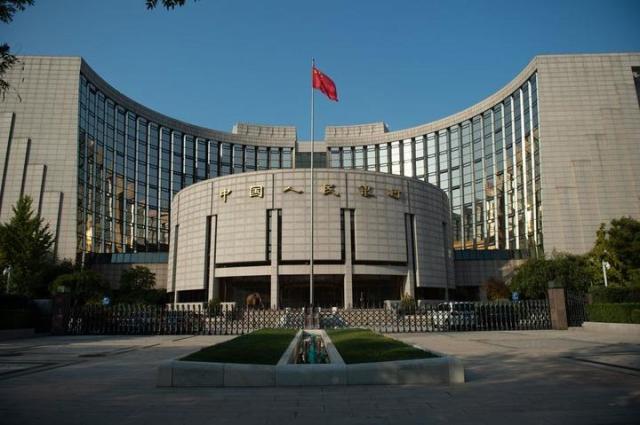
The figure surpassed the previous record of 234 summer days in 1994, according to the city's meteorological bureau. The city in south China officially entered summer on March 23 this year, based on relevant standards.
Ai Hui, a senior engineer at the city's climate and agricultural meteorological center, explained that the extended summer was mainly due to a weaker Siberian High from October to Nov. 11, resulting in reduced cold air influence on Guangzhou.
A persistently strong Western Pacific subtropical high also contributed to an average temperature of 24.9 degrees Celsius across the city, 1.2 degrees higher than the usual average for this period, ranking as the second-highest on record, Ai said.
Meteorologists pointed out that global warming has led to a significant rise in temperatures in Guangzhou, causing longer summers and potentially more frequent and intense extreme weather.
A recent report from the World Meteorological Organization (WMO), released during the 29th session of the Conference of the Parties to the United Nations Framework Convention on Climate Change (COP29), highlighted that 2024 is expected to be the warmest year on record due to a prolonged period of exceptionally high global mean temperatures.
From January to September, the global mean surface air temperature was 1.54 degrees Celsius above pre-industrial levels, influenced by a warming El Nino, according to an analysis of six international datasets used by the WMO.
Copyright ⓒ Aju Press All rights reserved.



